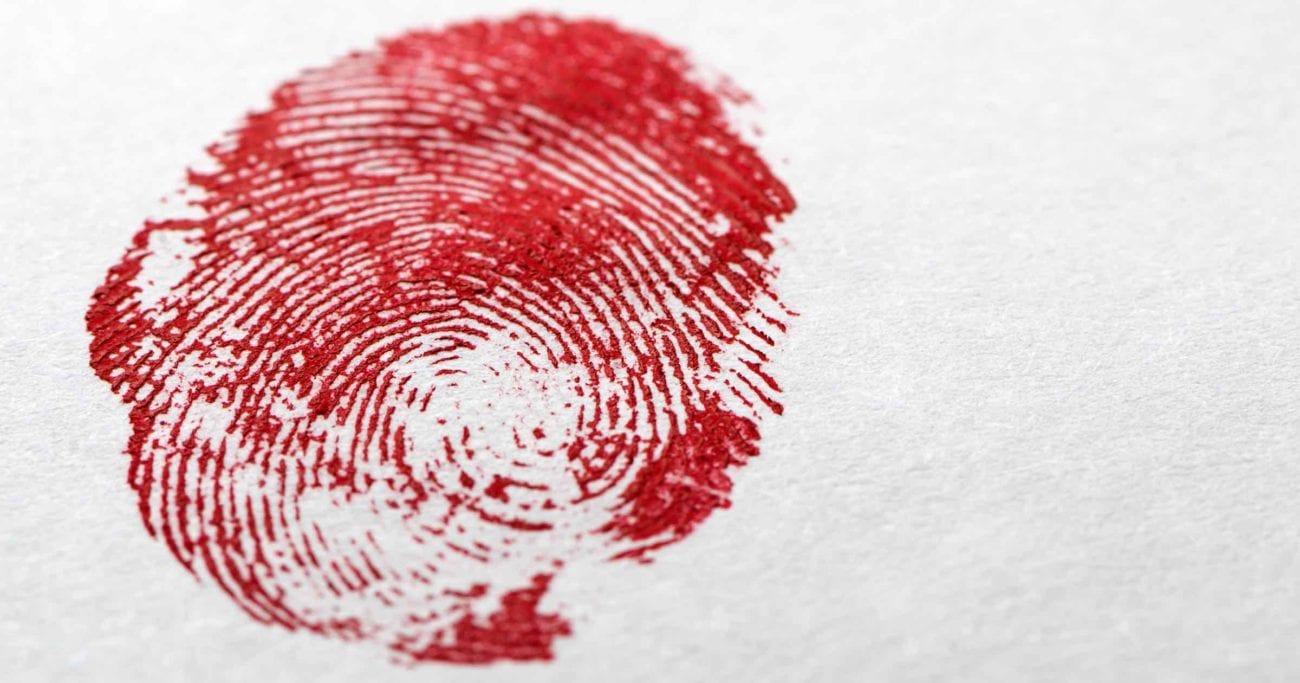Thank You, Next

In late 2018, the pop sensation, Ariana Grande, dropped the music video for her hit song Thank You Next. The storyline of the video contained Grande’s rendition of classic “Chick flicks” including Mean Girls, Legally Blonde, Bring it on, and 13 Going on 30. Aside from the unique concept, there were endless celebrity cameos from her Victorious co-stars to even Kris Jenner! When it comes to the song itself, it is most definitely a self-love anthem. Instead of creating a song with a bitter message towards her exes *cough cough, Tayler Swift*, Grande opted to focus on how she grew from those relationships and how she values them regardless of how they ended.
Text:
- How does a song with such personal lyrics (ex. explicitly stating her exes’ names) become a huge hit?
- Grande pours her heart into the lyrics, even including her parents past relationship, how is that relevant to the bigger picture that she wishes to portray in this song?
- What exactly does she mean by “Thank You, Next”? Thank you, onto the next boyfriend? Or perhaps she means onto the next lesson or life experience?
Audience:
- It wouldn’t be a reach to say that the music video is “girly” exuding traditional femininity from its pink color palette to its movie references. How comfortable is the traditional male with bopping to this song?
- Who exactly does this song attract? People who have had their hearts broken? People who wish to be empowered? Perhaps all of the above?
- What is the general age range for her fans? Seems to be from Generation Z to Millennials.
Context:
- How important is knowing Grande personally to understand the context of her lyrics? Are there any hidden messages that the general audience doesn’t know about?
- Why did she choose to pay homage to these particular movies? Is it to convey a general message or is it more personal than that?
- To the average music listener, what would be their first thoughts when listening to this song. Do they know about Mac or Pete or Ricky? Would they even care to know?

